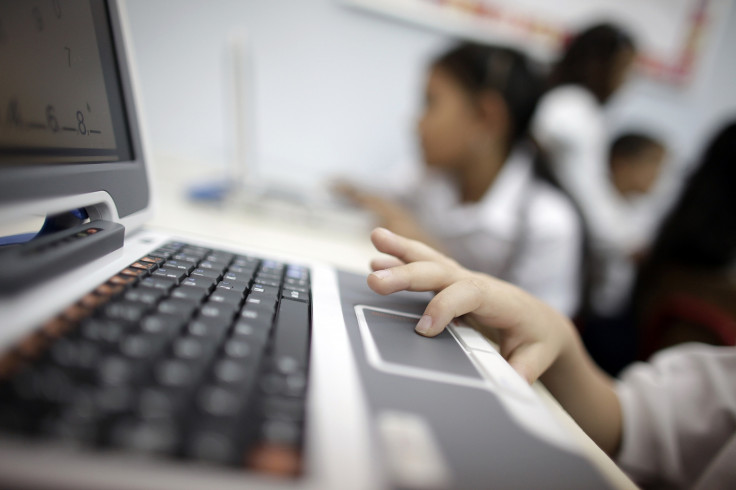Internet lessons just as important for children as reading and writing, says House of Lords
Self-regulation online is failing, peers report warns.
Digital literacy is just as important as the three Rs, a House of Lords committee report has concluded, saying that the young should be equipped with the necessary skills to keep safe online.
The House of Lords Communications Committee is recommending that internet lessons should be a key part of the curriculum, and that "online responsibilities, social norms and risks" should be included in the mandatory Ofsted-inspected personal, social, health and economic lessons.
"It is no longer sufficient to teach digital skills in specialist computer science classes to only some pupils," the report said.
"We recommend that digital literacy sit alongside reading, writing and mathematics as the fourth pillar of a child's education; and that no child should leave school without a well-rounded understanding of the digital world."
The report has also warned that self-regulation online was failing and the government should consider forcing major players to sign up to a code of conduct if they decline to follow child-friendly standards. It has also proposed a children's digital champion be appointed to co-ordinate action across government and to stand up to the industry, the cross--party panel said.
It is also pushing for the introduction of new legal requirements on internet companies to protect children if necessary. "The government should apply existing legal measures rigorously and be prepared to propose new legislation in the face of non-compliance with the new code of conduct," the peers said.
It is also recommending that all internet service providers and mobile networks should offer filters to prevent adult material from being accessed as well as for them to be switched on by default. This means users will have to actively choose to disable them to view any material deemed not suitable for children.

The report said that children should also be supported in efforts to get "upsetting" content about themselves removed from the internet and big giants like Google and Facebook "should respond quickly to requests by children to take down content."
"It is in the whole of society's interest that children grow up to be empowered, digitally confident citizens. This is a shared responsibility for everyone, it is essential that we improve opportunities for children to use the internet productively; improve digital literacy; change the norms of data collection and to design technology in ways that support children by default."
The report adds: "We believe that children must be treated online with the same rights, respect and care that has been established through regulation in offline settings such as television and gambling.
"The government's internet safety strategy is a welcome start in addressing many of the dangers children are faced with online but action must be broader than a focus on preventing harms and it must be sustained in the long-term."
Move for stronger regulation rejected
Meanwhile, the BBC says the Internet Services Providers Association has rejected calls for more stringent regulation but it did back the recommendation for better education.
The association's chair, James Blessing said: We believe the most effective response is a joint approach based on education, raising awareness and tools," he said, noting that the UK was regarded as a world leader in keeping children safe online "through a self-regulatory approach.
© Copyright IBTimes 2025. All rights reserved.






















